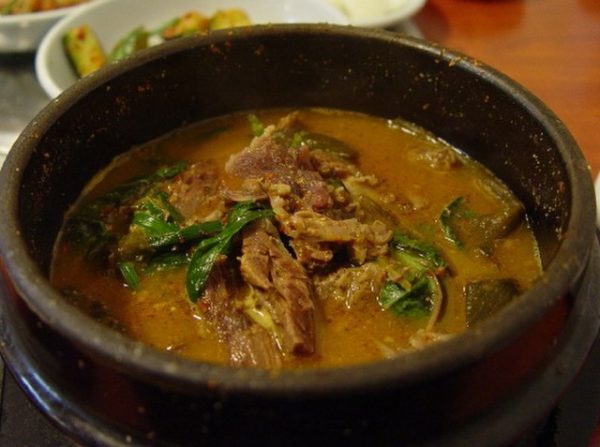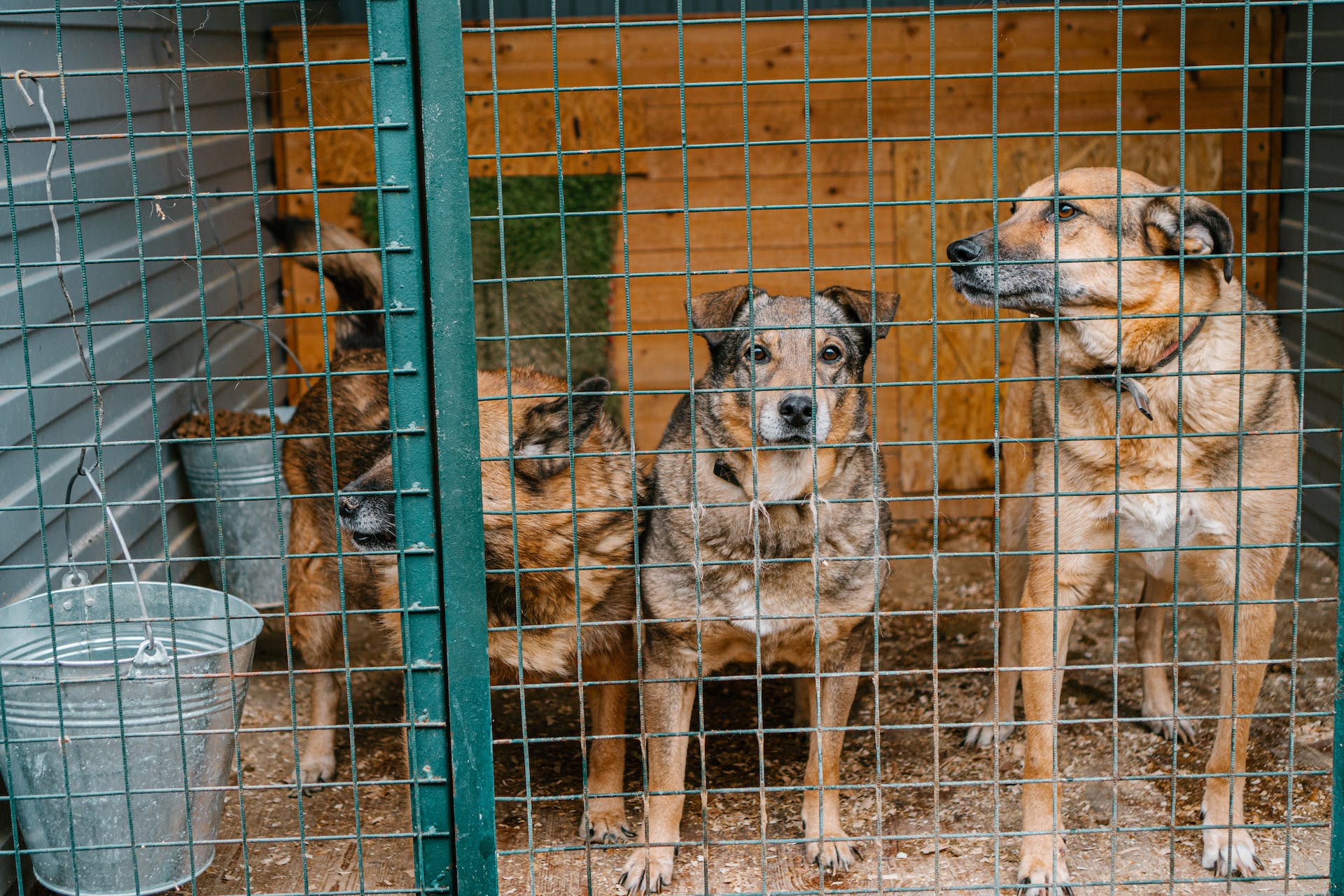The legislation, which will come into effect in 2027, will outlaw the breeding, butchery, distribution and sale of dogs for their meat.
The National Assembly passed the bill with 208 votes to none, with two abstentions.
Public calls to ban the trade of dog meat have grown in recent years, with animal rights campaigns and concerns for the country’s international image urging the decision forward.
The consumption of dog meat, typically in a traditional stew called “boshintang” is considered a delicacy among some older citizens, but has generally fallen out of favour with the younger generation.
Recent surveys indicated that approximately 92% of respondents would not eat dog meat in the future, and roughly two-thirds of those surveyed supported the ban.
Despite the decline in consumption, the agriculture ministry reports that more than 1000 farms continue to breed hundreds of thousands of dogs for their meat in South Korea.

However, the law will also include compensation packages to help businesses within the trade to move to other industries over the next three years.
Some dog farmers said they planned to file a constitutional appeal and protest the ban.
Dog farmer Joo Yeong-bong expressed his disappointment with the decision, believing it to be “an infringement of people’s freedom to eat what they like”.
“In 10 years, the industry would have disappeared. We’re in our 60s and 70s and now we have no choice but to lose our livelihoods,” he said.
The ban passed under South Korean President Yoon, a vocal animal lover and critic of dog meat consumption, who has adopted six dogs and eight cats of his own.
Jung Ah Chae, executive director of the Korean chapter of Humane Society International, said the decision was “history in the making.”
“We reached a tipping point where most Korean citizens reject eating dogs and want to see this suffering consigned to the history books, and today our policymakers have acted decisively to make that a reality,” she said.
“While my heart breaks for all the millions of dogs for whom this change has come too late, I am overjoyed that South Korea can now close this miserable chapter in our history and embrace a dog-friendly future.”






